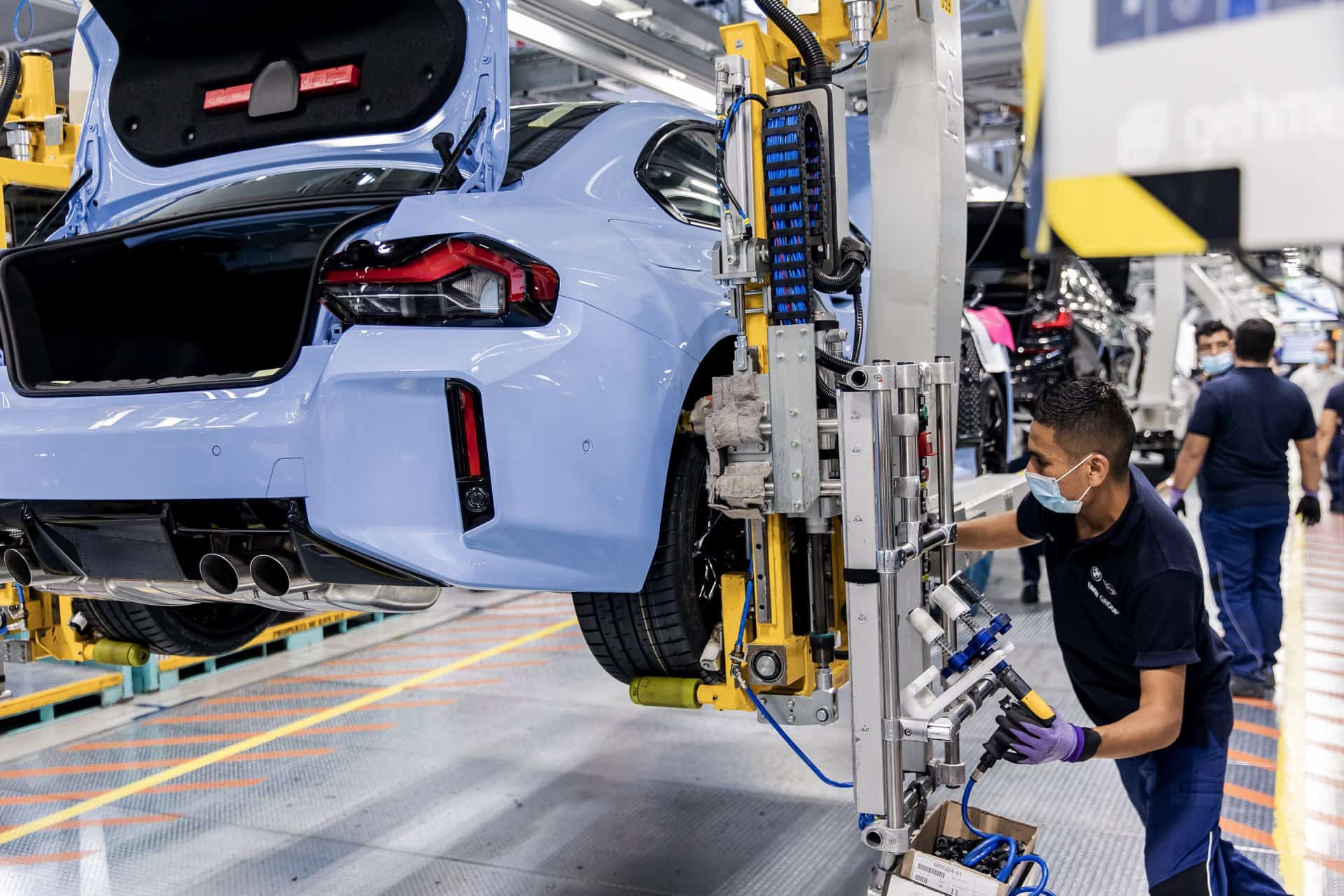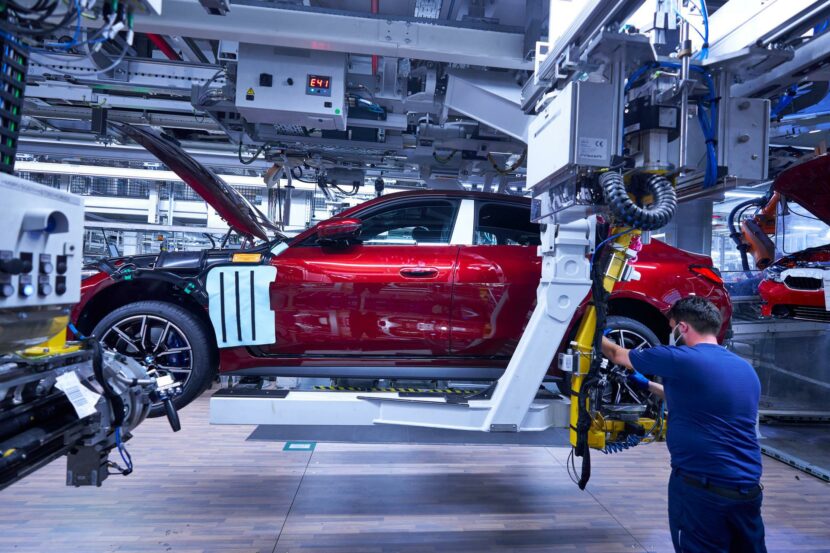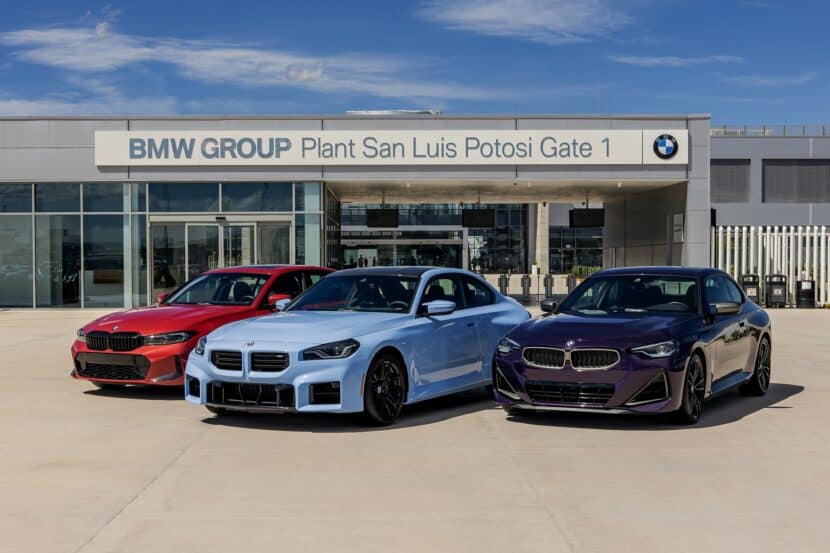President Donald Trump has escalated trade tensions with a new policy that will impose a 25% tariff on all imported cars, trucks, and key auto components, effective April 2. The move, intended to boost domestic manufacturing, is already sending shockwaves through the global auto industry and prompting swift reactions from automakers like BMW. “This is permanent. 100%,” Trump said during a press conference. “If you’re going to sell it here, build it here.”
The tariffs apply to all imported passenger vehicles, including sedans, SUVs, crossovers, and light trucks, as well as essential parts like engines, transmissions, and electrical components. While the U.S. had previously postponed similar measures for trade partners like Canada and Mexico, this time, the scope is wide—and the clock is ticking.
BMW’s Immediate Response: Price Protection—But Only for Mexico
BMW, whose portfolio includes vehicles assembled in both Germany and Mexico, has taken a preemptive step two weeks ago to protect customers from the immediate financial impact—at least in part. In a statement, BMW announced it will maintain current MSRPs for vehicles produced at its San Luis Potosí, Mexico plant—including the BMW 3 Series, 2 Series Coupe, and the high-performance M2—through May 1, 2025.
After that date, BMW will raise prices by 4% on the 2 Series Coupe and M2, reflecting its first attempt to offset the cost of the new tariffs. No price increases have yet been announced for the Mexico-built 3 Series, but BMW has made it clear that further adjustments are possible depending on how the trade situation evolves.
Uncertainty Surrounds German-Made BMWs
While BMW has outlined a strategy for its Mexican-built models, it has remained silent on German-produced vehicles—such as certain 3 Series trims, the i4, iX, and other models exported directly from Germany. With no public commitment to price protection on these vehicles, U.S. customers could soon see substantial price increases.
That uncertainty is alarming for a brand that sent billions of dollars’ worth of vehicles to the U.S. in 2024, and whose German-built exports account for a significant portion of its U.S. sales. BMW CEO Oliver Zipse recently told Bloomberg that escalating trade conflicts could cost the company over $1 billion this year, adding that “there are no winners in that game.”
A Blow to the Broader Auto Industry
Roughly half of the 16 million vehicles sold in the U.S. in 2024 were imported, according to S&P Global Mobility. The list of affected brands is long, including Asian and German brands. The move could further damage relations with the European Union, which counts the U.S. as its largest car export market. German automakers, in particular, are vulnerable: One in every six BMWs and one in every three Porsches is sold in America.
If you’re considering a new BMW—especially a 3 Series, 2 Series, or M2—you may want to act before May 1. The next phase of this trade battle could come with a heavy price tag.







































































